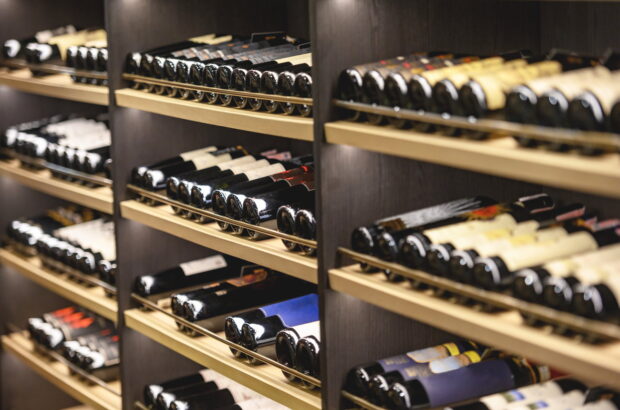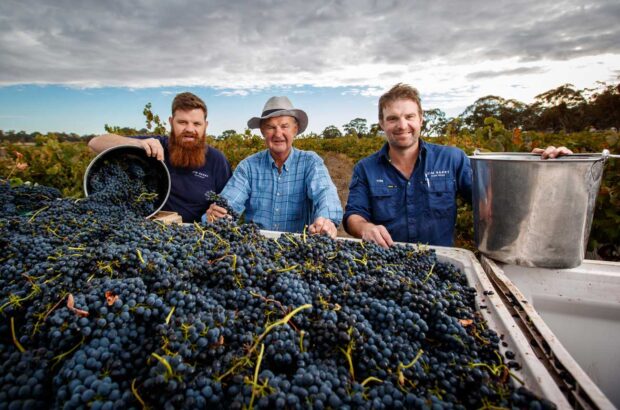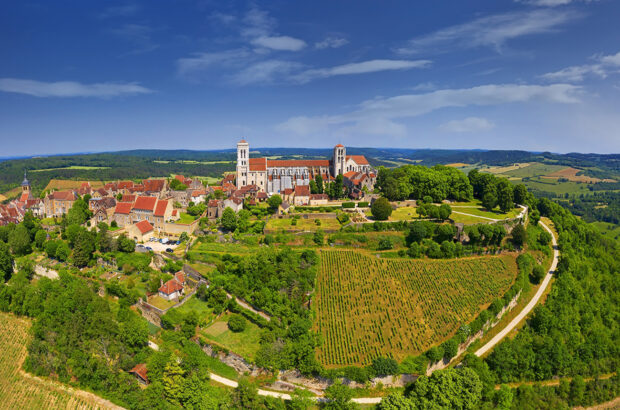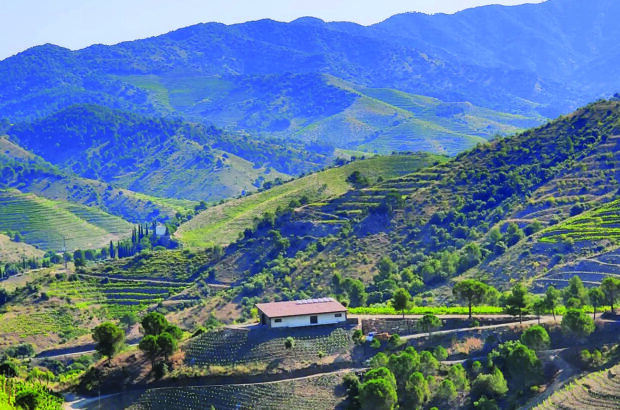You’re miked up. The audience hears every short breath you take, every gulp, every stumble, every mispronunciation. You’ve been handed two anonymous glasses of red wine (which just happen to be Petrus 2012 and 2003). Is the former, you wonder, a top Ribera del Duero? Could the latter, um, be a Hermitage from the 1990s?
Well, probably not – if you’ve got this far. Welcome to the sole moment in the wine calendar (and this one only happens every three years) when wine truly becomes a spectator sport: the final round of the Best Sommelier of the World competition, organised by the Association de la Sommellerie Internationale (ASI). Wine’s gladiators are then thrown to wine’s lions. The latest (17th) edition took place on 12 February 2023 in Paris, and the winner…
… grew up in a flat in the Latvian Soviet Socialist Republic, in a port city called Roja. His mum ran a hairdressing salon from one room in their flat; his dad worked as a fisherman, and then an electrical engineer in the port. As a life journey, that’s epic. You’ll have to tease it out of Raimonds Tomsons, though; this tall, calm, quiet Latvian is modesty incarnate. Does he have a secret?
Before that, I need to stress how traumatically challenging this competition is. You must learn the entire drink lexicon (this year’s contenders had to blind-taste five non-alcoholic drinks, then suggest vegan dishes to pair them with). They also had to proof-read error-strewn wine lists, name the northernmost commercial vineyard in the world, and suggest how to make an Aviation and a Sazerac cocktail when one of the key ingredients for each had gone missing.
The blind tastings are cruel (including, at an earlier stage of the competition, an identical wine with three different wood finishes in three glasses to ‘identify’); you’ll have to pour glasses of Champagne from a magnum one-handed without trembling, dripping, or sending the wine foaming over the top and all over the tablecloth. The celebrity dinner guests seated on stage in the mock restaurant used for the competition final are there to be demanding (they included, in 2023, the UK’s Robert Joseph, a wine journalist known for turning devil’s advocacy into an art form).
Is that it? Sure isn’t. The final blow is that you aren’t allowed to compete in your native language. If you grew up in Harrogate, get ready to compete in French or Spanish.
Tomsons first took part in 2010 (the year in which our much-missed Gérard Basset won, on his sixth attempt). He came seventh in 2016, then third in the 2019 competition. ‘I was very well prepared factually, but I couldn’t handle the pressure. It was obvious.’ This time, he says, ‘I needed someone to fix my head’ – so he worked with a psychotherapist who specialised in helping athletes. He knew he liked competing: she encouraged him to relish it, and this time he did. ‘Handling enormous pressure gives you additional value as a sommelier, and somehow I managed to get my mindset into the perfect position. When I stepped onto the stage for the final, I really enjoyed it.’ Sipping two vintages of Petrus must have helped – and Raimonds popped them both as high-quality Bordeaux. (He added ‘classed-growth’, Left Bank rather than Right – not even World Champions are perfect.)
His secret, he says, is ‘to be surrounded by the right people’ – notably his wife Martina (they have three children with a fourth on the way, so he had to get up at five in the morning through Latvia’s long, dark winters to train before family life and work life obtruded) and his colleagues in the close-knit Latvian wine community.
‘The worst thing is doubts: they are evil, they can poison your brain and your confidence. You need people around you to help you find that confidence. You also need to accept that at the end of the day it is just a competition. Whatever happens, you will be a better sommelier. And wine experience is never wasted.’ That, at least, we can all relate to.
In my glass this month
Domaine de l’Hortus in Pic St-Loup has been working at the frontiers of elegance, finesse and delicacy in recent years, and the Grande Cuvée 2019 is triumphant vindication of this approach (2020, £28 The Fine Wine Co). Fragrant, quietly floral aromas, then a bright, concentrated, drivingly pure flavour, fresh yet nuanced, bursting with life, beautifully crafted. Would the world’s top sommeliers guess its origin? I don’t know – but they’ll like it. No trouble, either, finding food partners for a wine of understated classicism like this. Languedoc is changing.













